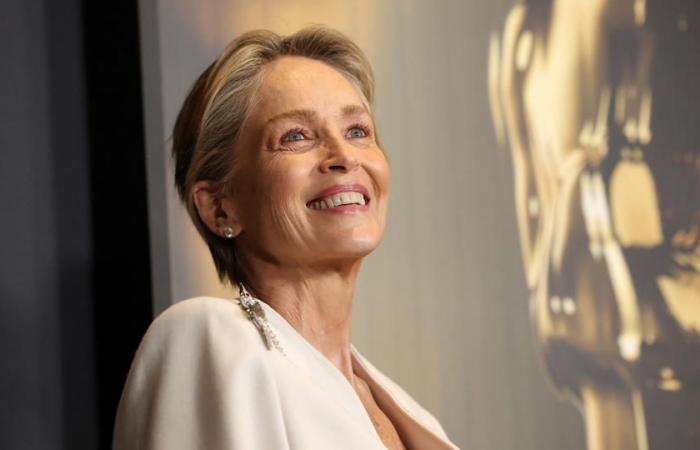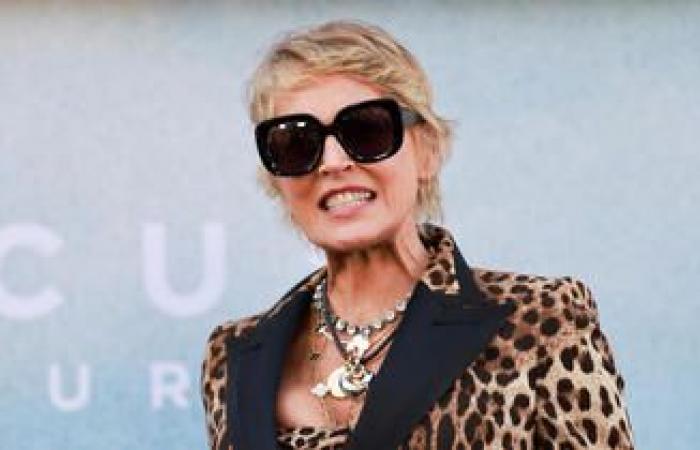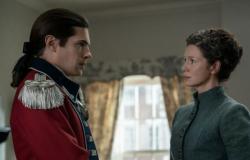During an intervention at the Turin film festival, Sharon Stone did not spare director Sam Raimi for his lack of “loyalty” after filming the film “Dead or Alive” in 1995.
A stubborn resentment. Honored for her entire career at the Turin Film Festival, Sharon Stone took part in the question/answer exercise with a certain relish. The 66-year-old actress took the opportunity to settle scores with director Sam Raimi, to whom she had entrusted the direction of the western “Dead or Alive” in 1995. A film which will allow her to confirm her talent behind the camera, and which will allow him to obtain the production of the Spider-Man trilogy with Tobey Maguire, in the early 2000s.
“I was lucky to be able to produce 'Dead or Alive' and take care of the casting. I helped director Sam Raimi go from directing B films to A films, and then he inherited Spider-Man to become a leading director. I went to find Russell Crowe in Australia. I had the opportunity to cast Leonardo DiCaprio before 'Titanic' and give him the lead role. I really enjoyed my role as producer,” she began, before going on the offensive, reports the American site Deadline.
“As for Sam Raimi, I really enjoyed his films. I found him very intelligent and funny – different from Martin Scorsese. Because he is Italian, he is loyal, he has a sense of family, and that is why Martin and I are always in contact, and we always work together. Sam was a kid who had no loyalty, no family, he never spoke to me again, he didn't thank me, he never offered me another role, he never maintained this relationship,” she says.
A wasted intelligence
Sharon Stone also took the opportunity to say all the bad things she thought about the Hollywood film industry, where no one trusted her because she was a woman, according to her.
“After 'Dead or Alive,' I went to the studio to ask for a $14 million budget for a project. I had a script, the music, I had everything. I presented it everywhere. I was told it was the best synopsis ever presented, but you guess what, by a woman! At the end of the 1990s, beginning of 2000, the resistance to seeing a woman work, to seeing me work, was such that I could not find a new film opportunity to make,” she confides. .
“I felt like my intelligence was wasted trying to convince dim studio executives that I should be given the opportunity to direct a film. So they asked me to help them manage the castings, which I did, because I had real talent as a producer. I feel like the resistance to seeing women in a position of power, to seeing myself in a position of power, was very intense. There was a desire not to let my intelligence be expressed by less brilliant people,” she added.







